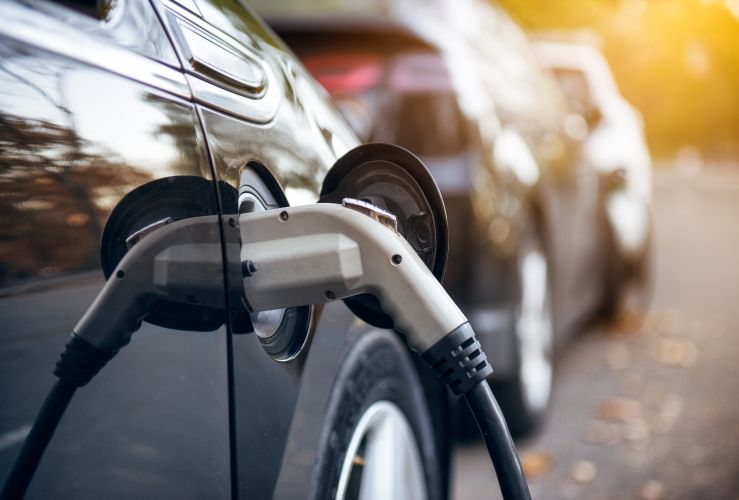
Concerns over accident liability were once considered the biggest barrier to the UK playing a central role in the development of the autonomous electric car. But recently, the nation's charge point network has come under scrutiny, with some insurers suggesting a lack of charging infrastructure - as well as an inadequate national grid - could prevent the rise of driverless electric cars.
At present, the number of charge points nationwide mean people sometimes have to queue before they can use a supercharger. Superchargers can charge a vehicle's battery to 80 per cent in 30 minutes.
There are also concerns over how the national grid will cope if millions of people start buying electric cars. In particular, periods of heavy use - such as the evening rush hour - could see spikes in electricity consumption. This has been likened to the phenomenon of millions of people making a cup of tea during a break in a popular TV show - only far more extreme.
Proponents of autonomous electric cars say they will reduce pollution, cost less to run and provide transport to those who do not - or cannot - drive.
Meanwhile, Chargemaster, the UK’s biggest electric charge point firm, has announced it will float on the London Stock Exchange in June. The firm wants to raise £50m and increase its 40,000-strong customer base by 10-fold in the next four years.
The privately-owned enterprise has been in business for 10 years and has installed more than 6,500 public charge points nationwide. The firm also installs charge points for corporate entities and for local government.




